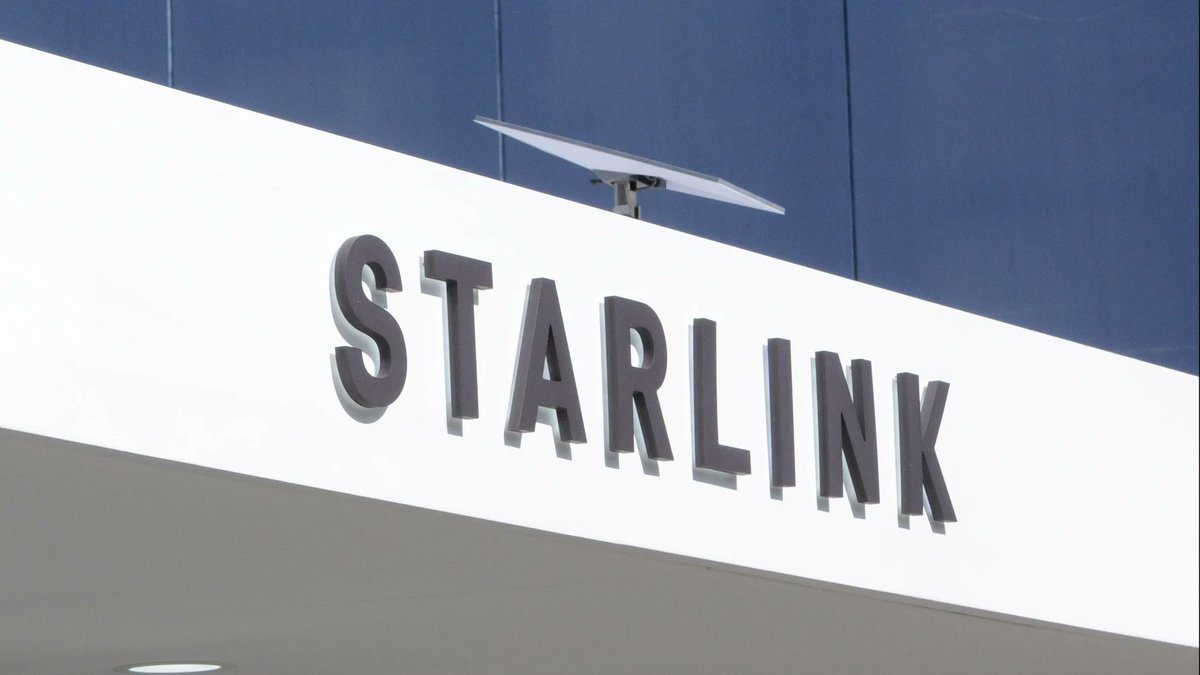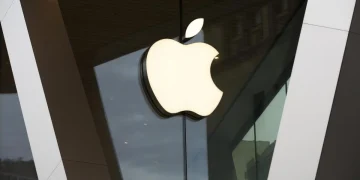Elon Musk’s Starlink satellite internet service has officially launched in Guinea-Bissau, bringing high-speed internet to one of West Africa’s least connected nations. The launch marks Starlink’s entry into its 19th African market.
Guinea-Bissau’s National Regulatory Authority for Information and Communication Technologies granted final approval for Starlink operations in April 2025, following a provisional license issued in December 2024. The service is now fully operational nationwide, offering internet access to a country where 67.5% of the population previously lacked reliable connectivity.
The West African nation has struggled with internet access for years. Only two major providers, Orange and Telecel, served the market before Starlink’s arrival. Both companies rely on fiber infrastructure routed through neighboring Senegal and Guinea-Conakry, creating frequent service disruptions and limiting coverage to urban areas.
Pricing and Service Options
Starlink is offering multiple service packages in Guinea-Bissau. The Standard Kit costs $400 upfront, with a monthly residential service plan priced at $63. Customers who prefer limited data can choose a 250 GB residential plan for $31 per month. For budget-conscious users, Starlink will also offer its Mini Kit for $205.
These prices position Starlink competitively within Guinea-Bissau’s market, where internet penetration stands at just 30% as of 2025. The satellite service could particularly benefit rural areas, where only 5% of residents had internet access before Starlink’s launch.
Growing African Footprint
Starlink’s expansion into Guinea-Bissau represents part of a broader push across Africa. The company now operates in 19 African countries, including Nigeria, Kenya, Rwanda, Mozambique, and Malawi. Recent launches have extended service to Liberia, Niger, Somalia, and Lesotho throughout 2025.
The satellite internet provider entered Africa in February 2023 with its Nigeria launch, followed by Rwanda in March 2023. Since then, Starlink has rapidly expanded across the continent, targeting markets with limited internet infrastructure and high demand for reliable connectivity.
In several African countries, Starlink has become a cost-effective alternative to traditional internet providers. Analysis shows that in at least five African markets – Kenya, Ghana, Zimbabwe, Mozambique, and Cape Verde – monthly Starlink subscriptions cost less than leading fixed internet providers. Monthly prices across Africa typically range from $28 to $34 for basic plans.
Market Impact and Competition
Starlink’s competitive pricing has disrupted established telecom markets across Africa. In Kenya, where Starlink launched in July 2023, the service attracted over 8,000 subscribers within its first year, making it the country’s tenth-largest internet provider. The company’s popularity led to network congestion, forcing Starlink to temporarily pause new subscriptions in major Kenyan cities in late 2024.
Traditional telecom companies have responded by lowering prices and improving services. Safaricom, Kenya’s largest provider, reduced rates and increased internet speeds following Starlink’s entry. Other established operators are also developing satellite partnerships to compete with Starlink’s coverage advantages.
Technology and Global Context
Starlink operates using a constellation of approximately 5,500 satellites launched by SpaceX since 2019. The service now serves over 2.6 million customers globally across more than 100 countries. The satellite network provides internet access to remote areas where traditional fiber infrastructure is unavailable or unreliable.
Africa represents a significant growth opportunity for Starlink, given the continent’s low internet penetration rates. Despite having 1.3 billion people, only about 40% of Africa’s population has internet access, compared to 91% in Europe. This connectivity gap makes satellite internet particularly valuable for bridging digital divides in rural and underserved areas.
Future Expansion Plans
While Starlink continues expanding across Africa, some notable markets remain unavailable. South Africa, the continent’s most developed economy, still lacks official Starlink service despite regulatory discussions. The company faces varying regulatory challenges across different African countries, which can delay launches and service availability.
Industry experts note that Starlink’s rapid expansion raises questions about market concentration in satellite internet services. As the dominant global satellite internet provider, Starlink’s growing influence gives the company significant control over internet access in many developing markets.
For Guinea-Bissau, Starlink’s launch represents a potential turning point in digital connectivity. The service could enable new opportunities in education, healthcare, and economic development by providing reliable internet access to previously underserved communities across the country.














